ICM 35343 Prost! Between Battles on Bergepanther WWII German Tankmen with Bergepanther 1/35
skala 1:35
Plastikowy model do sklejania. Nie zawiera kleju ani farb.
Ciężkie warunki bytowe podczas walk oraz ciągłe napięcie nerwowe i stres, którego doświadczała większość żołnierzy Wehrmachtu, powodowały konieczność stosowania jakiegoś sposobu na rozładowanie napięcia psychicznego. Jednym z takich sposobów było picie alkoholu. W swoich wspomnieniach były żołnierz Wehrmachtu Guy Sayer zauważył: "Na froncie jest tyle wódki, sznapsów i likierów, ile karabinów maszynowych. Z każdego łatwiej zrobić bohatera". Alkohol mógł również zmniejszyć ból rannych. Głównym napojem alkoholowym w Wehrmachcie był sznaps, a niemieckim żołnierzom, zwłaszcza czołgistom, mogły być wydawane także likiery. Oficerowie często dysponowali francuskimi trofiejnymi koniakami lub winami, które zdobywano w tak dużych ilościach, że spożywano je nawet w czasie okrążenia, jak to miało miejsce np. pod Stalingradem zimą 1943 roku. Bardzo często jednak rozdawanie żołnierzom alkoholu było złym omenem, gdyż często zdarzało się to przed większymi bitwami i zwiastowało duże straty na froncie.
The harsh living conditions during the fighting and the constant nervous tension and stress experienced by most Wehrmacht soldiers necessitated some kind of mental relief. One of these ways was to drink alcohol. In his memoirs, former Wehrmacht soldier Guy Sayer noted: “At the front, there are as many vodka, schnapps, and liqueurs as there are machine guns. It’s easier to make a hero out of anyone.” Alcohol could also reduce the pain of the wounded. The main alcoholic drink in the Wehrmacht was schnapps, and German soldiers, especially tankers, could also be issued liqueurs. Officers often had French trophy cognacs or wines, which were captured in such large quantities that they were consumed even when surrounded, as was the case, for example, near Stalingrad in the winter of 1943. However, it was very often a bad omen to distribute alcohol to troops, as it often happened before major battles and portended heavy casualties at the front.























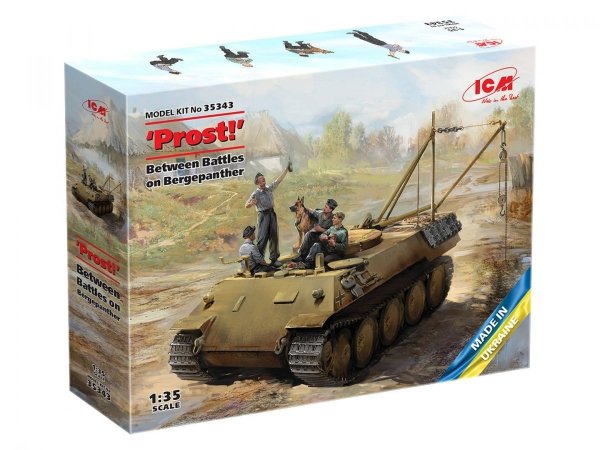





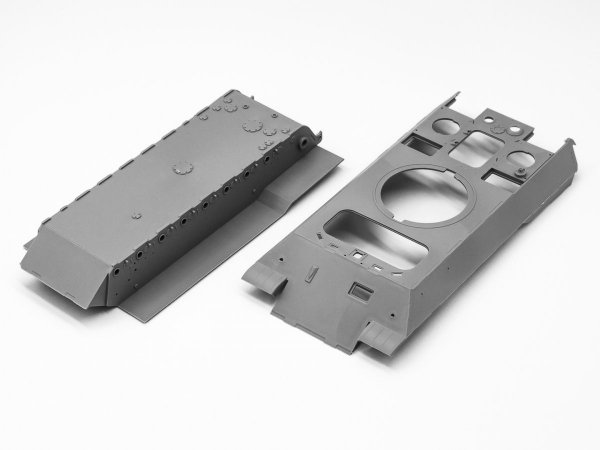
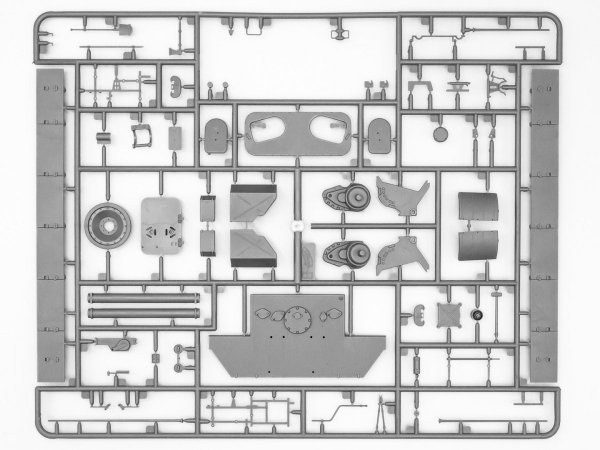

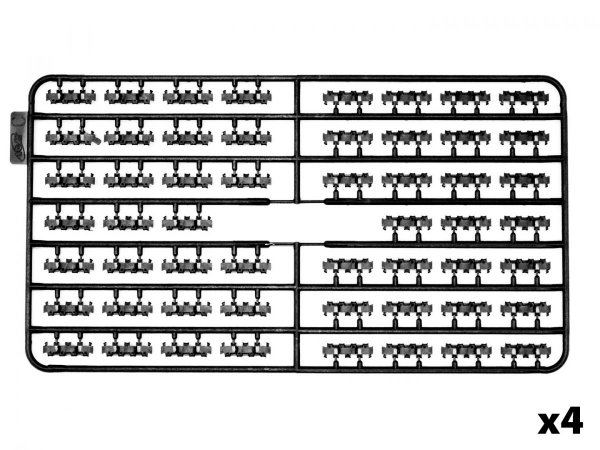
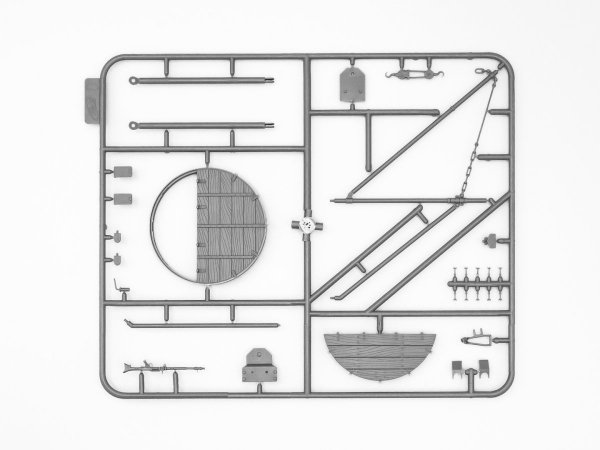


 1 szt.
1 szt.